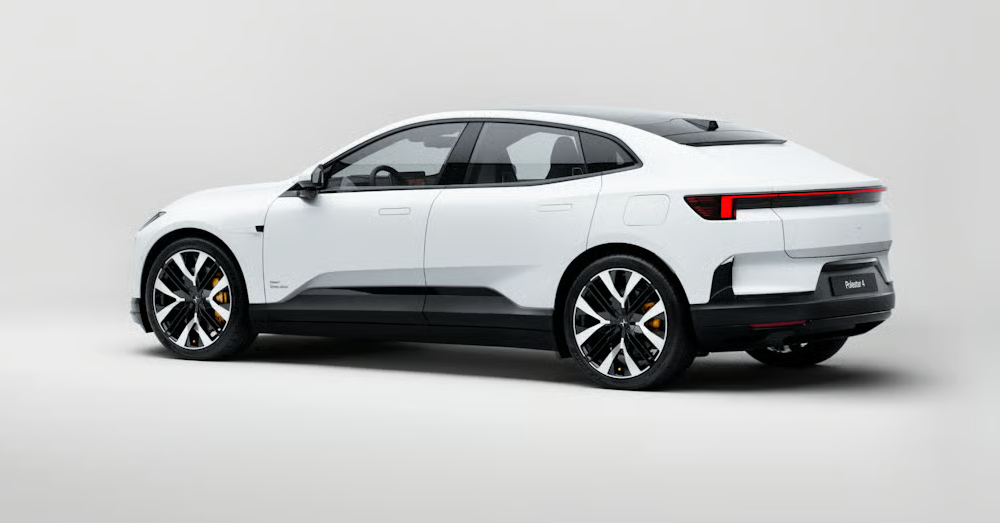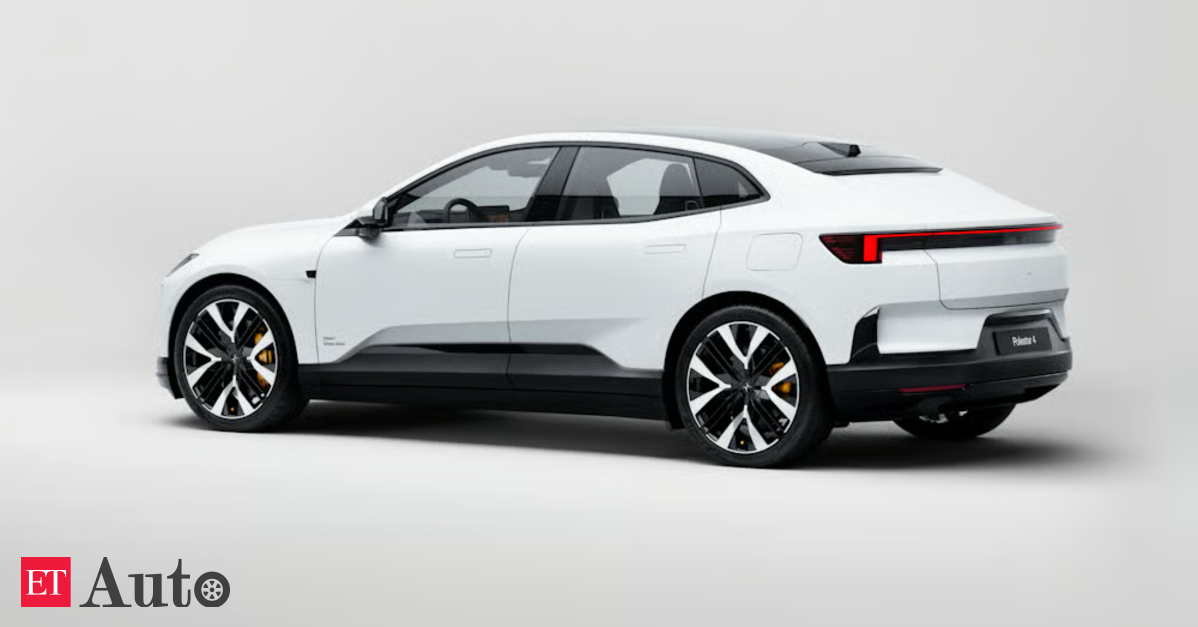
Polestar said on Wednesday it would conduct a reverse stock split – reducing the number of its existing shares while increasing their value – as the loss-making electric vehicle maker strives to retain its Nasdaq listing.
The news came as the company, majority-owned by China’s Geely Holding and its chair Li Shufu, reported a third-quarter net loss of $365 million, compared with a $323 million loss a year earlier.
Shares in Polestar, hit by US tariffs, model delays, debts and fierce competition, have languished below $1 recently, prompting Nasdaq to warn it could be delisted from the exchange for failing to meet its minimum bid price requirement.
A reverse stock split does not change the value of investors’ overall shareholdings in a company.
“As market conditions remain challenging, we continue to take steps to make our organization and operations more efficient,” CEO Michael Lohscheller said in a statement.
Lohscheller attempted a similar share split during his time as CEO at now bankrupt EV truckmaker Nikola
While third-quarter revenue rose 36 per cent , Polestar was hit by costs related to so-called residual value guarantees in North America. Common in EV leases, these guarantees force Polestar to cover the gap when resale values fall short of promised levels – an increasingly costly risk as used EV prices slide.
The company has taken steps to stem losses, replacing its CEO, cutting costs and shifting to a dealer-focused model while leaning harder on Europe to offset weak US demand, where buyers increasingly favour hybrids and gasoline cars.
When unveiling the Polestar 5 GT in September, the company said it would skip launching in the US and China, two of the world’s most lucrative markets.
Polestar shares have fallen sharply from their $13 closing price on their debut in June 2022 after a merger with a so-called special purpose acquisition company.
As well as a weak share price, the company has struggled with its debt covenants, and has had to negotiate amendments with lenders to stay compliant.




